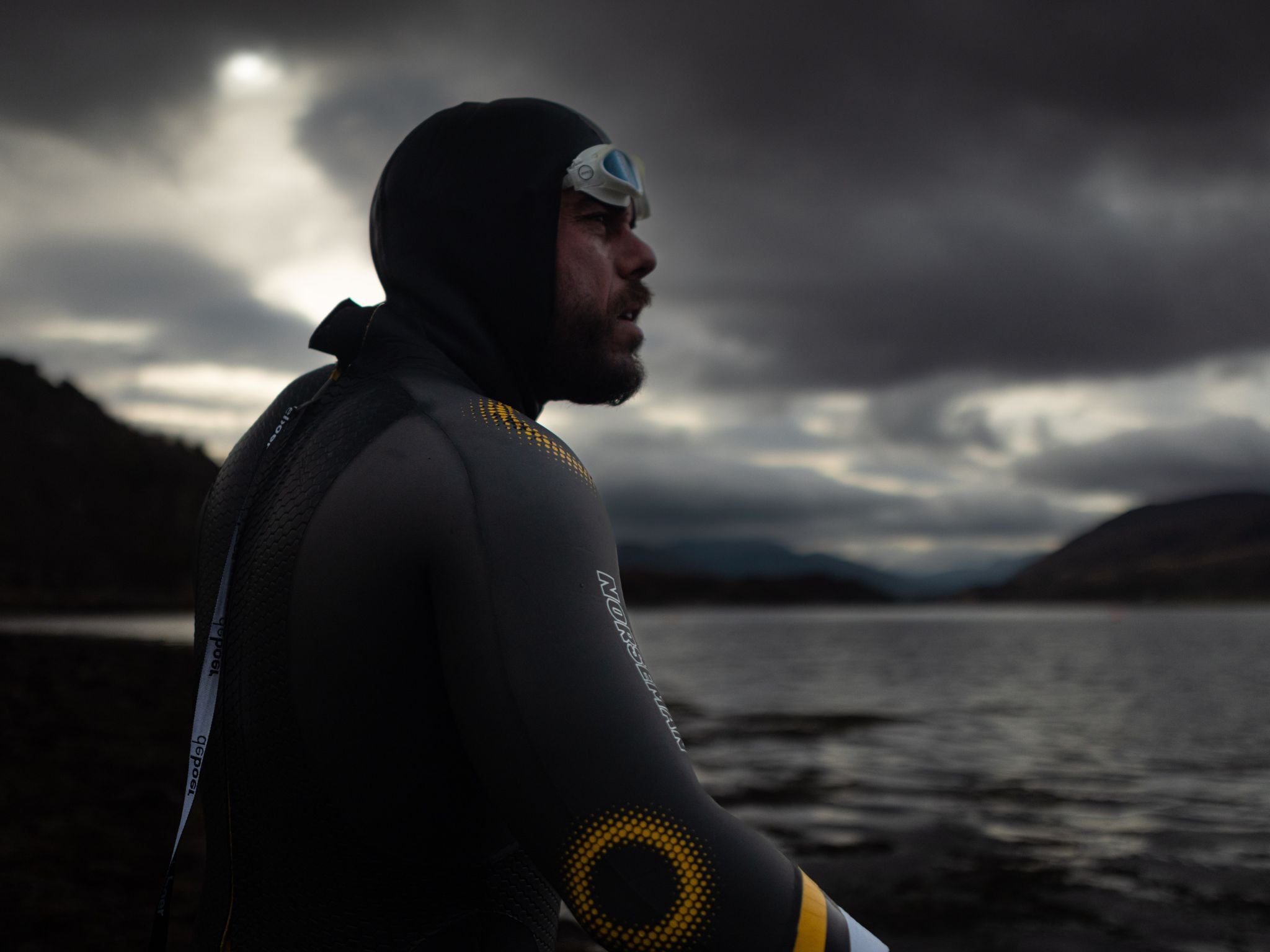Ross Edgley isn’t your average athlete. Adventurer is more apt, but this term still doesn’t quite cover it.
In 2016 he pulled a car 26.2 miles, climbed ropes equivalent to the height of Everest and completed a triathlon with a 45kg tree attached to him. His crowning achievement came in 2018 when he became the first and only person to swim around Great Britain, then in 2024 he swam 317 miles along the Yukon River in Canada to claim the longest non-stop river swim record.
Now, in 2025, he has his sights set on a new world first: swimming around Iceland’s entire coastline.
Sponsored by BMW and starting on May 16, the challenge will see him cover more than 1,000 miles, facing down towering waves, strong winds and sub-zero temperatures while sharing the water with killer whales. to successfully complete it, he needs to cover more than 30km per day – roughly the span of the English Channel.
“Iceland has an amazing history of sailing and adventure,” Edgley says. “I grew up with my grandad telling me stories of great explorers navigating every fjord, bay and beach for the first time in the late ninth century. Now I’m a little older, I would love to follow in their footsteps, but since I’m not much of a sailor, swimming around it seemed like the next logical choice.”
Not only will Edgley tackle this mammoth swim, but along the way he aims to aid conservation research by collecting water samples. He is collaborating with researchers from the University of Iceland and the University of Victoria in Canada, supported by Future Oceans International, to analyse and map microplastic distribution in the waters around Iceland.
He is also joining forces with the Marine and Freshwater Research Institute of Iceland, as part of a mission to map biodiversity and identify what marine creatures are present in Iceland’s waters.

“Iceland is one of nature’s great masterpieces, and swimming around it represents a unique opportunity to fuse sport, adventure and science,” Edgley says. “We’re working with some incredible researchers from the University of Iceland and the Marine and Freshwater Research Institute to conduct pioneering research that will help preserve and protect our oceans.”
Christophe Pampoulie, research director of the Marine and Freshwater Research Institute of Iceland, adds: “Coastal areas are rarely studied in Iceland due to the lack of small research boats. The collection of environmental DNA by Ross and his team will drastically improve our knowledge on species distribution and biodiversity.”
Ahead of the challenge Edgley will be training to build strength, endurance and a unique set of skills to see him safely around the coastline, setting a new record this spring.
Read more: Adam Peaty reveals the training and mindset shift that got him to Paris 2024 – and what he plans to do next


.jpg?trim=85,0,85,0&width=1200&height=800&crop=1200:800)
